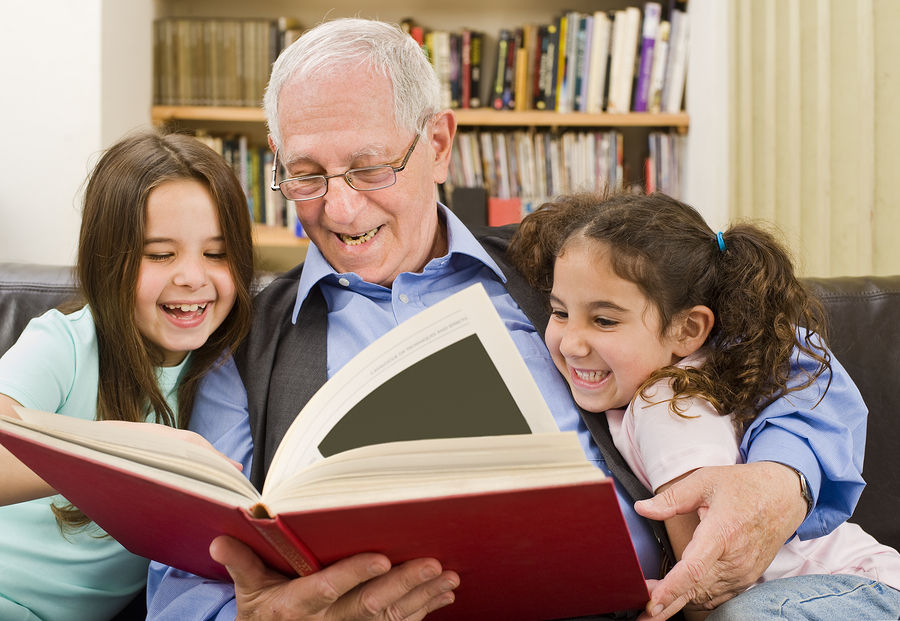How Much Help Do Seniors Need to Live Independently?
Determining the Right Amount of Support
When it comes to the issue of elder care and taking care of our senior parents, we are unfortunately torn between two somewhat extreme decisions—1) they are fine living independently or 2) they require 24/7 support and care.

What more likely is that there’s a spectrum of elder care needs that should be more flexible and accommodating to individuals. Respecting the need for independence while providing appropriate support is a tense balance that should be centered on safety. Knowing what the options are for senior care can help adult children and caregivers of seniors to make more informed decisions.
If you have an in-home assessment done by an AZ Home Health Agency, you may be surprised that your parents do not require in-home care or live-in caregiver—or, if they do, they require a lot less support than you may have initially thought.
What now fills in the gaps of having someone there full-time are technological advances such as home monitoring systems that can assist in medical emergencies such as falls, help with keeping people medication compliant through reminders, and with monitoring vital signs.
In-Home Monitoring Systems
If you’re concerned about leaving your parents all alone but want to support them in their independent living, then it may help to try an in-home monitoring system along with some in-home care. This could be especially helpful if your mom or dad is recovering from an injury or an illness. The main reason for this is that the risk for falls increases during recovery. In-home monitoring can also be helpful for elders who aren’t necessarily needing round-the-clock in-home care.
When you’re researching which in-home monitoring system will work for your parents, you should thoroughly research what each system is and is not capable of. The adage “you get what you pay for” applies here. The higher quality systems typically are more than just a call button and can adjust to whatever your parents specifically need.
Smart Monitoring Devices
There are other technology advances that can help older adult to be safe without the need of someone being in the home. Now there are smart stove alarms that will alert people if there’s a possibly dangerous situation in the kitchen. These devices go a step further than just a smoke detector, which detects when noxious gases are being emitted. They detect a potentially hazardous situation before smoke occurs.
Smart detection devices can also alert seniors of other air quality issues as well as water leaks. For example, there are smart bath monitors that monitor water levels in a tub, detecting when a bath tub could possibly overflow and then shutting off the water before it happens.
Remember the Clapper from the 80s that turned on and off lights? Well now, you don’t need to clap—you can just install motion-activated lights so seniors can still live independently without having to stumble in the dark. There are also smart doorbells that can provide video pictures of visitors so elders can determine if they should open their doors.
Contact MD Home Health Care Today!
Our Phoenix home health care professionals can assist you with more advice or any questions you may have about home health care. For more information about MD Home Health Care, our services, experience, or rates, please call (602) 396-5742 or fill out our contact form. We look forward to hearing from you.